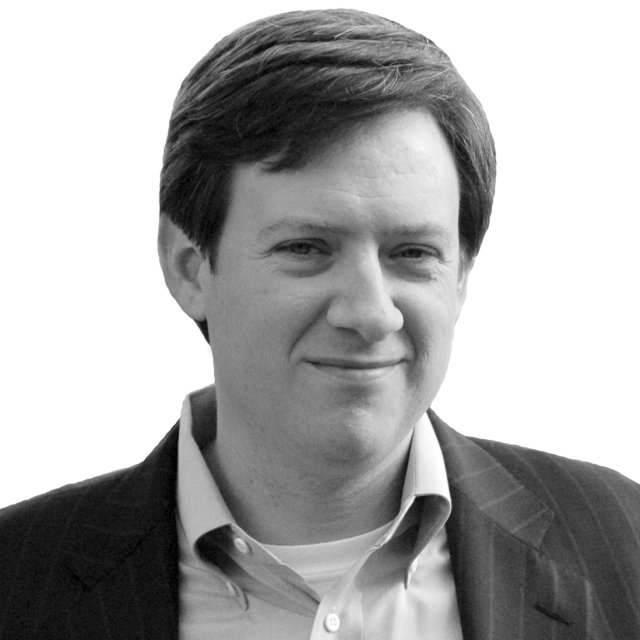5 Secrets to Saving for the Future While Enjoying Life Now

Save? Spend? Or both?
In my work with younger clients, that's one of the main conflicts I see: The desire to prepare for the future and save versus the impulse to live for the present and enjoy earnings now. People know that nobody is promised tomorrow, but they also don't want to live out their retirement years with limited choices, or none at all.
So how can people strike a successful balance between these seemingly competing desires? Based on my work with financial planning clients, here's my five-step plan:
- Understand your cash flow. I'm going to make a bold statement here: Nothing will affect your financial future more than your ability to understand your household cash flow. If you want more money to save for the future or to spend now, you have to understand your current spending patterns and habits to get there. Check in on your spending weekly; that takes far less time than a monthly review, and it's easier to catch places you may have spent more than you planned. It's easy to live lean for a week if you've overspent in a previous week. It's a lot harder to catch up if you've been overspending for a month.
- Learn to say "no" by deciding on your "yes." The clearer you are about what you want to do in the short and long term, the easier it is to make spending choices that you'll be happy with when you look back at them. Before I married the woman who became my wife, I used to feel deprived if we weren't going out to eat often. On our honeymoon, I discovered that what I really wanted to do was to travel the world with her. Once that became the big yes, I wasn't depriving myself if I didn't go out to eat. If I did go out to eat, I was depriving myself of what I really wanted, which was to travel more. That single idea helped me change my habits entirely and build up the money we needed to take a big trip every year.
- Limit your monthly bills. Eric Kies talks about Money Past, Money Present, and Money Future in his First Step Cash Management system. Money Past is all of the money you've agreed to spend at the beginning of the month — things like rent, utilities, and student loan payments. While buying a new car may not seem like a big deal if you think you can afford it, adding on a car loan to your Money Past comes with a major tradeoff: It limits your day-to-day spending (Money Present), and it cuts into your ability to save for the future as well (your Money Future). Be careful; I regularly see young couples adding to their Money Past bucket, limiting their present and future spending choices.
- Automate your savings for present and future goals. Chances are you get paid by direct deposit, and it's easy to direct funds into multiple accounts. Beyond your basic emergency fund, I've seen clients have a lot of success in setting up multiple savings accounts to have balances grow for specific goals (a trip to Europe, for example, or a new car). This allows you to see the specific progress you're making. The same concept applies for retirement plans at work. If you can save that money automatically before it reaches your bank account, you're far more likely to continue saving those funds in the future and even to increase your contributions over time.
- Plan for spontaneity. This may sound contradictory, but I think it's essential. Many people I've spoken to resist tracking their spending because it feels constraining. A good solution to this is to build in money that is purely for spontaneous spending. If you know there's money in your budget that is there for the sole purpose of spending it, it protects the money that you're saving into other accounts by providing an outlet for a spur-of-the-moment decision.
Follow these suggestions and you'll soon find you have money for both your current needs and your long-term goals.
----------------------------------------
H. Jude Boudreaux, CFP, is the founder of Upperline Financial Planning, a fee-only financial planning firm based in New Orleans. He is an adjunct professor at Loyola University New Orleans, a past president of the Financial Planning Association's NexGen community, and an advocate for new and alternative business models for the financial planning industry.
